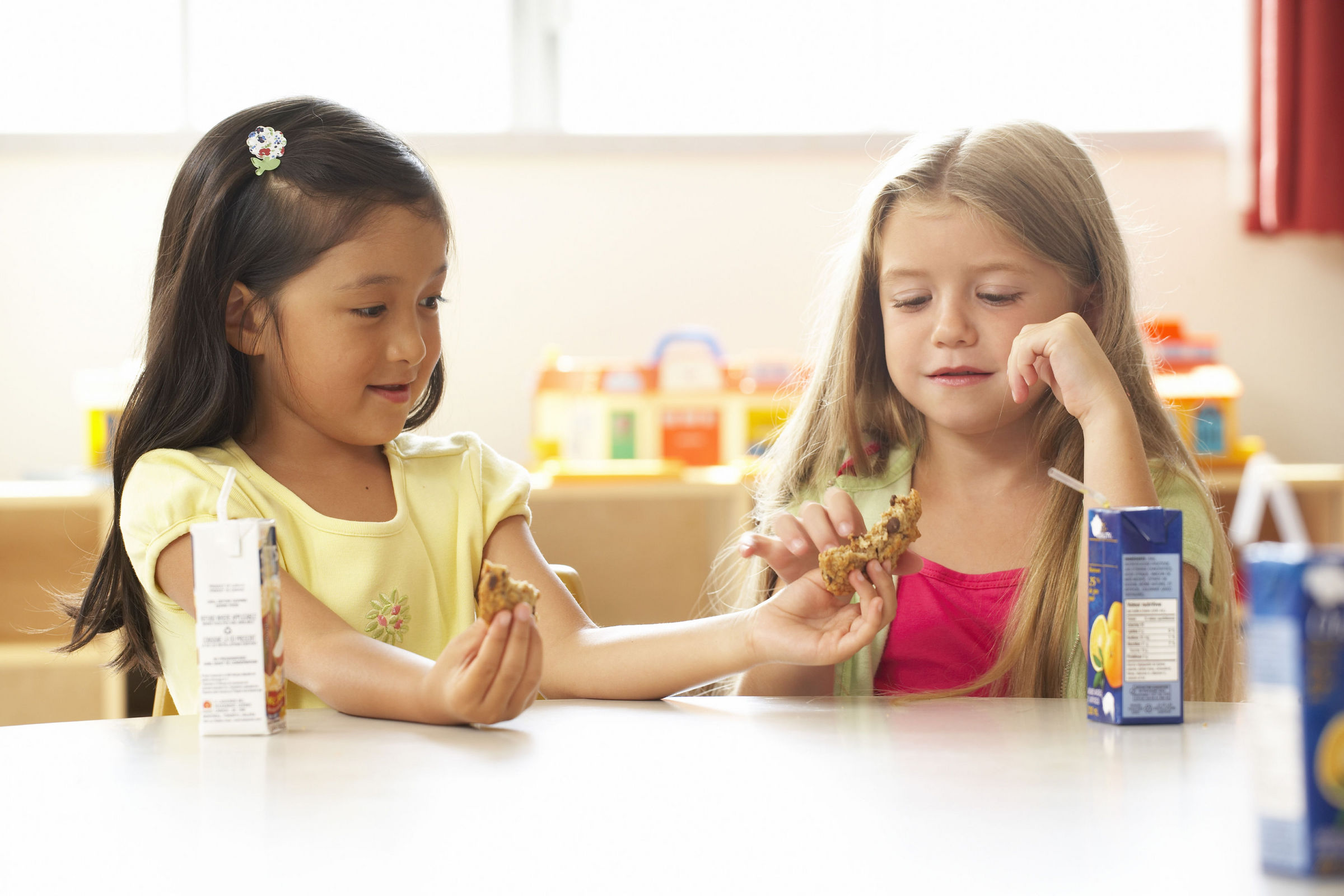“If you have good thoughts they will shine out of your face like sunbeams and you will always feel lovely.” – Roald Dahl (author of “Charlie and the Chocolate Factory)
Young children are at a stage where they are becoming increasingly aware of others and all the many ways to interact with them. At Kinderpillar, we help our children explore the concepts of “right and wrong” and rules, as well as caring for and cooperating with others. Technically this called, Moral Development. What are “morals” to a Kinderpillar student? Usually at this stage of development morals are the rules and expectations of someone in authority. Something interesting happens when children go to school. In the first half of their school year most children actually want to obediently following the rules of the classroom. In fact, your child may come home from school complaining about the “bad kid” that didn’t do “the right thing.” Studies have shown that in this early stage children can be quite literal about morals, values, and rules. They seek approval from teachers by being “good.” A person in authority who sets the morals, values, and rules helps children feel safe. This interest in the classroom values and rules is essential for moral development throughout your child’s school years. Of course, this will change. Sometimes by the middle of the school year children switch their cooperative moral behavior to the exact opposite! In this stage your child is experimenting with creating an individuated identity by testing authority and rules. Happily, the values and rules established in the earlier part of the year will hold up to these challenges.
Right and Wrong
Interestingly, what your young child believes to be “right and wrong” can be quite strict and inflexible. At this stage of development they see morals and rules as something that everyone needs to follow equally and that these rules are unchangeable and non-negotiable. At this stage, there is often no gray area in these rules. What is right for one person it is right for all. As your child matures she will begin to see that that sometimes the rules change to fit a person or a situation.
Another part of this moral issue is what some experts call “distributive justice.” This means that your child may be looking for some reciprocal “payback” for good behavior. Since a young child is very self-focused there can be a sense of “what’s in it for me?” in learning values and morals. While you want your child to develop a desire to do the right thing for larger altruistic values…this can often be a good place to start. Show your child that one thing she “gets” for doing the right thing is a warm feeling of gratitude from others!
You can work together as a family to discuss what the family rules are. Meet as a family to cooperatively create fair rules for everything from room clean up to sharing the bathroom! Or play simple card or board games together. Try games such as Concentration or Go-Fish, Candyland, which require your child to share, take turns, and play fair.
Family Values
What are your family values? They are so very important and key to your child’s development. Respect for your family values are an important part of Kinderpillar classrooms. The early years are when your child begins to internalize the values that your family believes and shares. It is important to be clear about these values (in both actions and words) so that your child has a clear picture of what your expectations are. Remember that your Kinderpillar child is a keen observer and is being quite literal about “right and wrong.” This means that you have to be even more careful now to be sure that your actions match your expressed values and rules. For example, your child may catch you when you get angry at a car that cuts you off or when you say something “mean” about someone else. Little ears and big eyes are listening and watching. The values you present now create the foundation for your child’s life.
The Moral of the Story…
It’s probably happened to you many times. You are reading a book when your child exclaims in outrage, “That’s not fair!”, “How can they do that?!”, “Why are they being so mean?” There is nothing like a story to get a good discussion of morals started! Whether the story is real or imagined, your child may have a strong opinion about what she perceives as the characters’ moral actions. She may empathize with the victim or relate to the perpetrator but most likely she will want to tell you just how she feels and what she believes to be “right.” The beauty of a story is that your child can loose herself in it and become the characters, feeling their joys and sorrows. From that place of the “other”…your child is more able to talk about emotions and values than if they were being themselves. You can choose stories that have a “moral” issue for the characters. This is bound to get a conversation started. Good choices are familiar fairy tales such as The Three Little Pigs, Little Red Riding Hood, or Cinderella. Choose from the many simple picture book versions of these familiar stories.
Meet as a family to cooperatively create fair rules for everything from room clean up to sharing the bathroom!
Play simple card or board games: Try games such as Concentration or Go-Fish, Candyland, which require your child to share, take turns, and play fair.
“Morality is the basis of things and truth is the substance of all morality.” –Mahatma Gandhi

